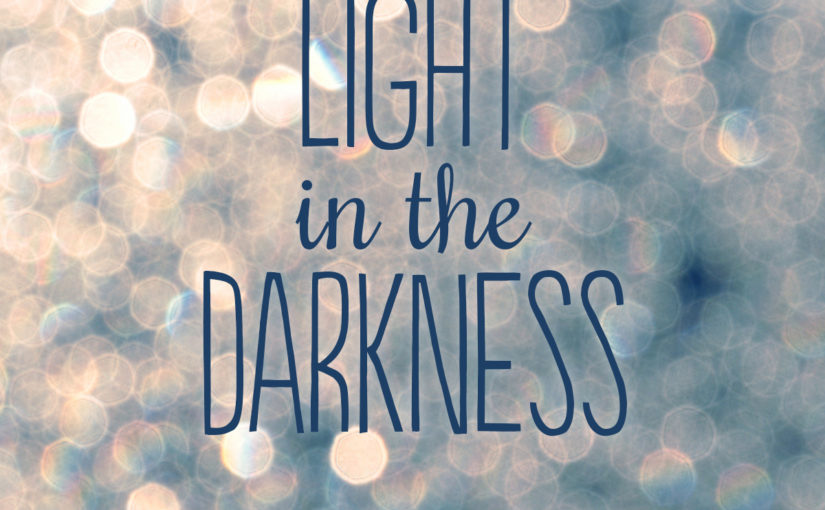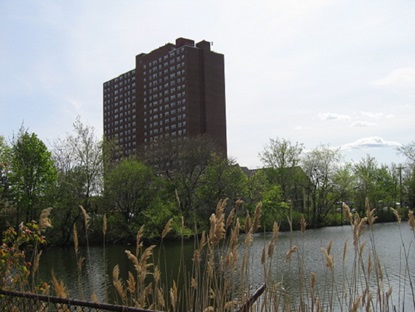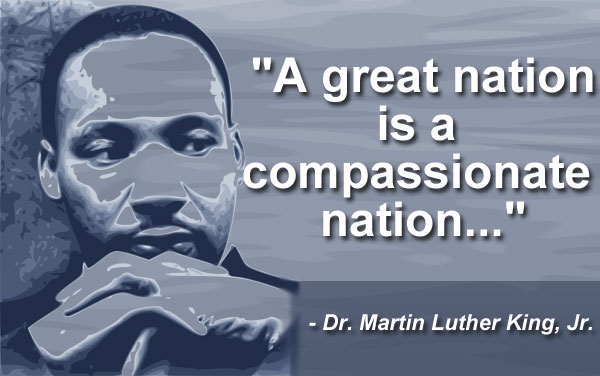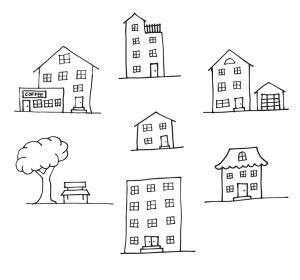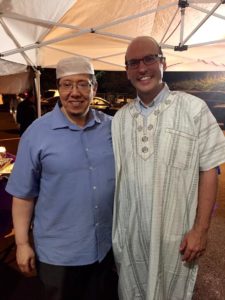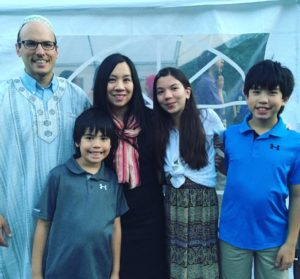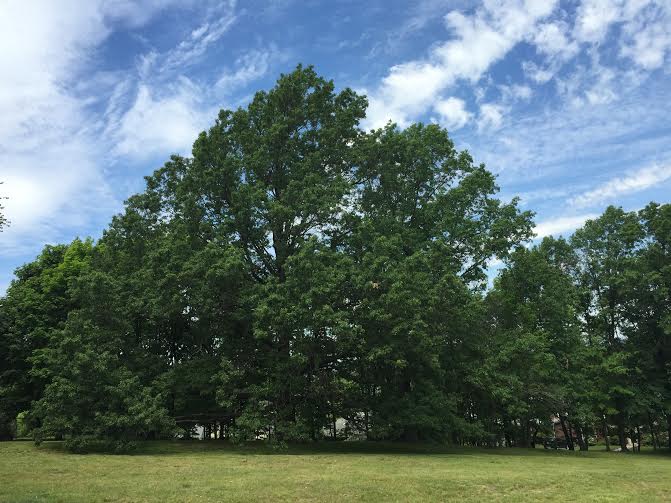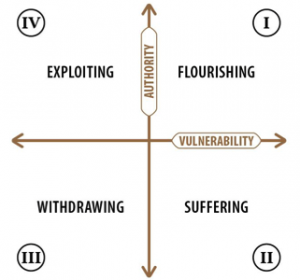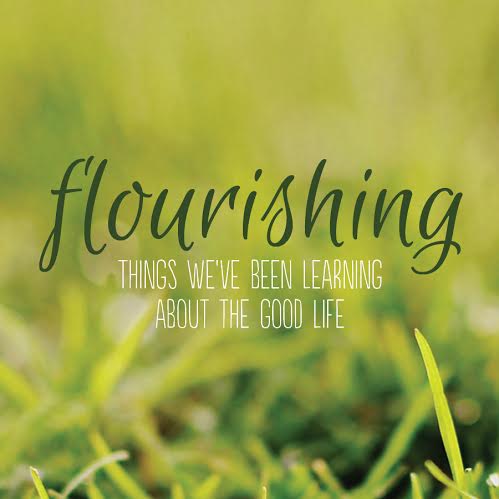I’m not preaching this Sunday, but I’ll speak a bit at two different services around Christmas Sunday. Letting my mind warm up a bit to the task, and inspired by one of our band leader’s desire to play a Rolling Stone song at our candlelight Christmas Eve service, here are three talk ideas I’m pretty sure I’ll never use.

Title #1: How to Think About Stupid Bureaucratic Requirements
Bible Verses: And it came to pass in those days, that there went out a decree from Caesar Augustus that all the world should be taxed. (Luke 2:1)
Line from the Stones song Luke Suggested:
“When I’m drivin’ in my car, and the man come on the radio
He’s tellin’ me more and more about some useless information
Supposed to fire my imagination”
Aspect of Christmas Story: Jesus was born in Bethlehem, fulfilling prophecy that he be a child of the city of David and heir to the expansion of David’s good rule over all the earth. This only occurs, though, through a bureaucratic fiat of a Roman emperor, that people return to their hometowns to comply with a census.
Theological Idea: God can work through all manner of human actions – regardless of their original intentions – to advance God’s good purposes,
Take-Home Thought: Stick it to the man… or just do what the man says… maybe it doesn’t always matter. Bullies don’t always win in the long run.

Title #2: When Life Gives You Lemons…
Bible Verses: And she brought forth her firstborn son, and wrapped him in swaddling clothes, and laid him in a manger; because there was no room for them in the inn. (Luke 2:7)
Line from the Stones song Luke Suggested*:
“You can’t always get what you want
But if you try sometimes well you might find
You get what you need”
Aspect of Christmas Story: Mary and Joseph travel to his hometown of Bethlehem, but find no first-class hospitality. Instead, they stay in the animal barn side of a neighbor’s home, and Jesus’ first bed isn’t a bassinet or crib, but a cow’s feeding trough.
Theological Idea: God’s child is born into the world into filthy conditions, the dirty Christmas baby underscoring that God joined the human race to be with us in all things.
Take-Home Thought: When life gives you lemons… remember that Jesus sucked on some pretty sour fruit himself. God can be with you in any circumstance.
Title #3: Sex is Complicated
Bible Verses: When Joseph awoke from sleep, he did as the angel of the Lord commanded him; he took her as his wife, 25 but had no marital relations with her until she had borne a son; and he named him Jesus. (Matthew 1:24-25)
Line from the Stones song Luke Suggested*:
“I can’t get no satisfaction
I can’t get no girl reaction”
Aspect of Christmas Story: The virgin birth – as a teenager, engaged via arranged marriage to her future husband Joseph, Mary conceives the God-child not through conventional means, but by the intervention of the Holy Spirit. Joseph and Mary refrain from sexual relations until after Jesus is born. It’s sort of the original “Jane the Virgin” story of first-time sex after childbirth.
Theological Idea: God can do anything. Also, Jesus is fully human and fully divine, and the first sign of this is the rather unusual method of his conception.
Take-Home Thought: If you’re engaged to a woman who’s experienced immaculate conception, be patient; it’s worth it. (Or maybe God does weird things now and then. Or something.)
*So technically, this is the song Luke suggested, and my first and third excerpts are from a different, even less suitable Stones song, but since this whole post is a joke, whatever…


